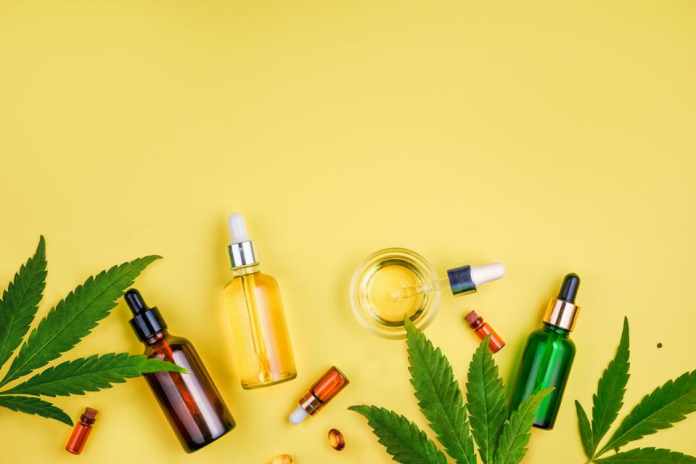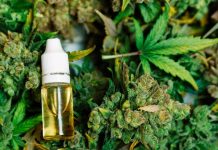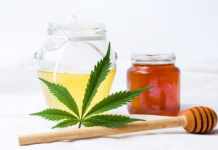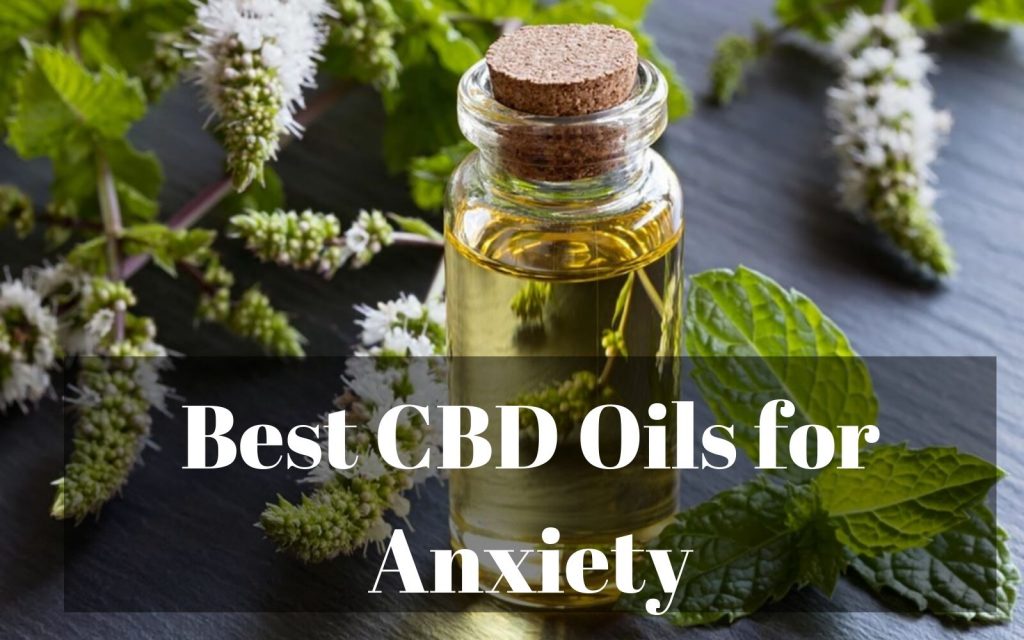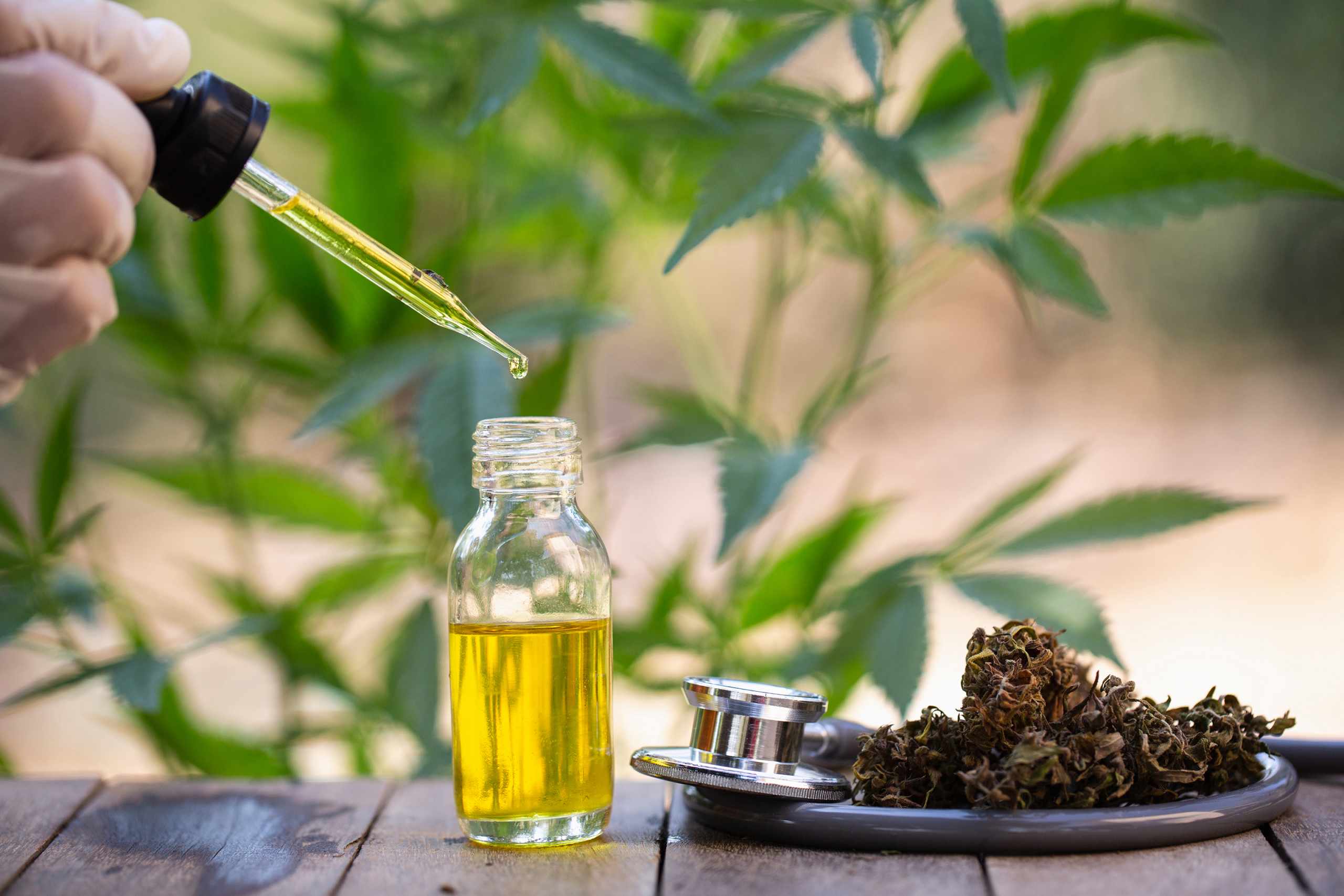Not all CBD is created equal.
In June 2018, the Food and Drug Administration approved a purified CBD pharmaceutical, Epidiolex, to treat severe pediatric epilepsy. Six months later, Congress passed the Farm Bill, which legalized industrial hemp cultivation for a variety of uses, including the production of biomass for CBD oil extraction. While these developments make it easier to access CBD products, getting a quality product is not always a guarantee.
If medical marijuana is legal in your state, you can trust the CBD products sold by your local licensed dispensary. If it’s not legal where you live, you’re likely to end up purchasing them online or at a brick-and-mortar location. But choosing among the many unregulated CBD brands, which typically have very little manufacturing oversight, can be problematic. A recent study by the University of Pennsylvania Medical School found that up to two-thirds of online vendors list incorrect data regarding cannabinoid content on their product labels. Even worse, there were many cases of acute poisonings from a synthetic cannabinoid sold as cannabidiol in Utah in 2017.
So, what’s really in that CBD you’re buying, and how can you know for sure? Here are some things to consider when you shop.
Choose a reputable company: CBD Products.
When purchasing CBD products, perform due diligence and evaluate the company. Are they making their own or buying white-label? Does the company control each step of the process, from seeding, harvest, and extraction to blending and selling? What is hemp? Do they share this information, and will they show you how it’s made? Most white label companies say they do, but they’re buying in bulk from third parties. The only way for a company to truly stand by its quality is to control A-Z’s process.
Go with EU or US-grown hemp.
Europe has the most experience of in growing hemp. It is an essential crop in the UK, France, the Netherlands, Germany, Spain, and Italy through the Middle Ages until the end of the sailing ship period. Today a growing market. According to the European Industrial Hemp Association, European hemp hectarage grew by 8,000 ha (about 20,000 acres), rising to more than 33,000 ha (about 81,000 acres) in 2016. While many countries have plenty of experience growing hemp, only Europe and the United States have strict regulations on the cultivation, giving you peace of mind that you’re getting a quality product from either country.
Be suspicious of spiking.
Full-spectrum CBD oil is the most beneficial because of the presence of THC. However, this compound is still highly regulated and must undergo dilution to lower THC’s amount to the legal level. To get around this red tape, some companies make poor-quality products by removing the THC and “spiking” it with CBD isolate. While they can add terpenes and other compounds to the development and call it “broad-spectrum, ” CBD legally lacks the beneficial compounds found in “full-spectrum” CBD-rich oil. Worse, these isolates are not detected in lab tests, which lets them get away with it.
Most importantly, the THC. Only high-quality farming and extraction will produce the right concentration. To be sure, ask the company if they’ll share the process. If they won’t, that’s a red flag. Also, look for product labels that indicate the amount of CBD and THC per serving—not just the bottle’s total cannabinoid content.
Read the lab tests
Accurate testing is essential for patients who seek specific therapeutic effects from CBD products. And because products can vary widely in potency, knowing the ratios can influence the overall experience. There are hundreds of elements to test for. So if you only see CBD listed on the labeling, you’re probably getting an isolate-laden product—not full-spectrum. Ask the company if you can come to know the lab testing in action. If they have nothing to hide, they’ll bring you right in. Remember, there’s no single ratio appropriate for everyone, so it’s essential to find the balance that works for you.
For instance, CBD can lower the mind-altering effects of THC, so a more excellent ratio of CBD-to-THC 18:1 means less of a high. For cancer, autism, and other diseases, many people find a balanced ratio of 4:1 or 2:1 useful. Extensive clinical trials conducted outside the United States have shown that a 1:1 CBD: THC ratio can help neuropathic pain.
Research the extraction method: CBD Products
Extracting CBD oil from cannabis often requires the use of a solvent that dissolves an oil or alcohol-based compound. Solvents commonly used include supercritical CO2, ethanol, hydrocarbons, and olive oil—the best method for producing the cleanest and highest-quality. CBD extracts are supercritical CO2 extraction. CBD capsules for pain Which obtains pure plant extracts without the use of hazardous chemicals and solvents. The 95 percent extraction efficiency of supercritical CO2. It is a significant advantage over traditional methods. Which only recover 60-80 percent of the total volume of the substance.
Be a Conscientious CBD Consumer
Fortunately, high-quality CBD products are easy to find for label readers, company researchers, and careful consumers. Don’t fall victim to fake claims or false information, and you’ll find the right product for your needs.
